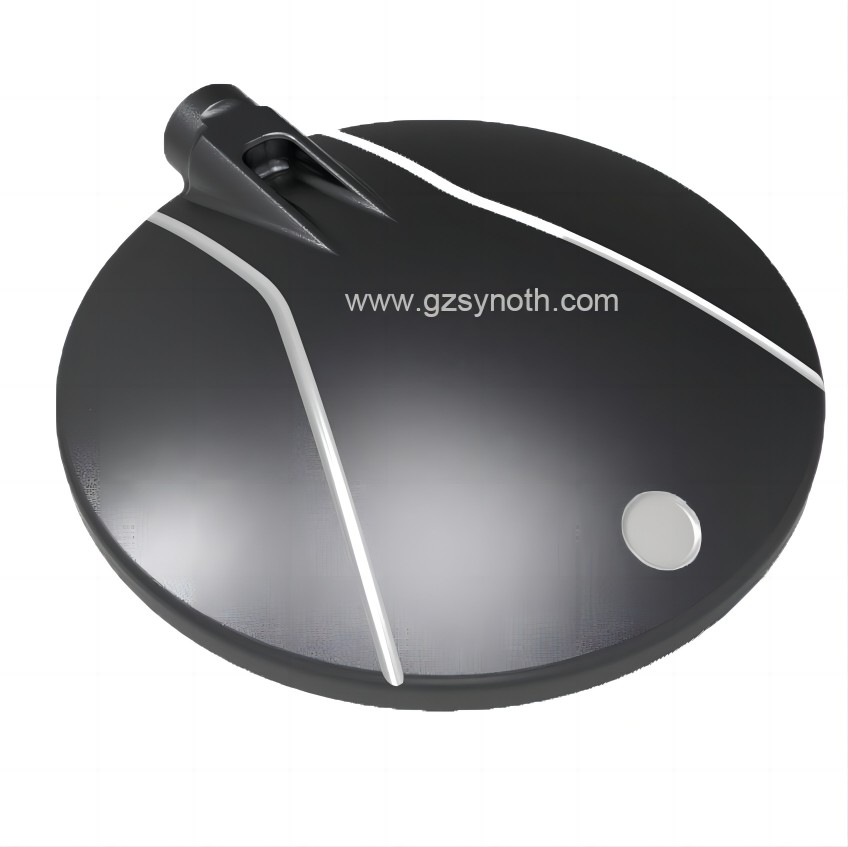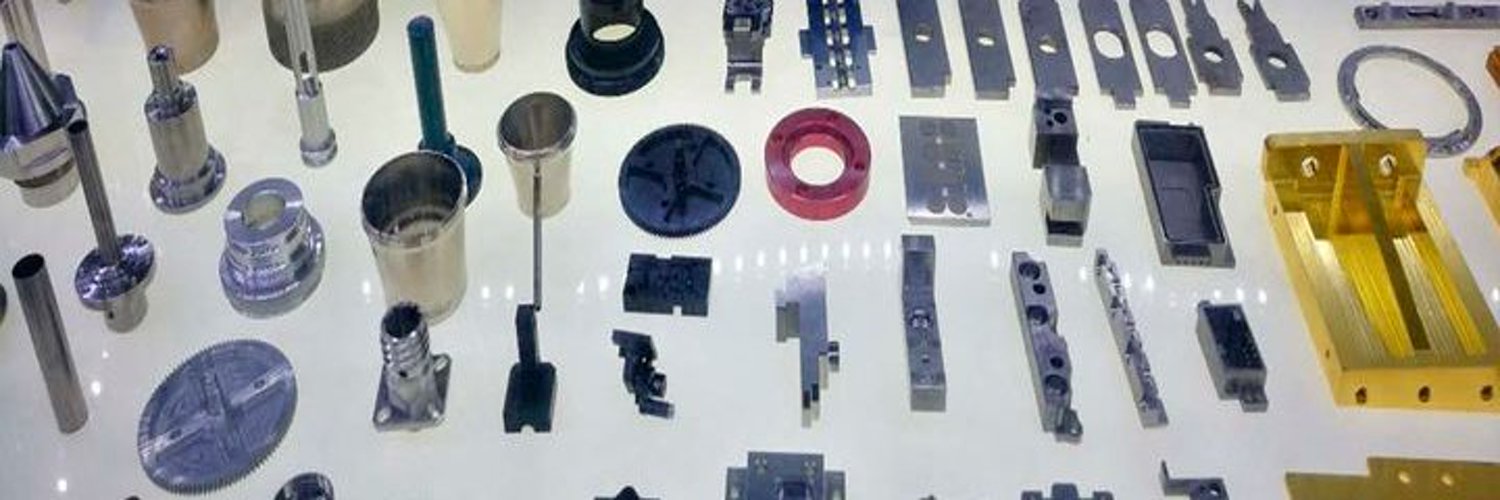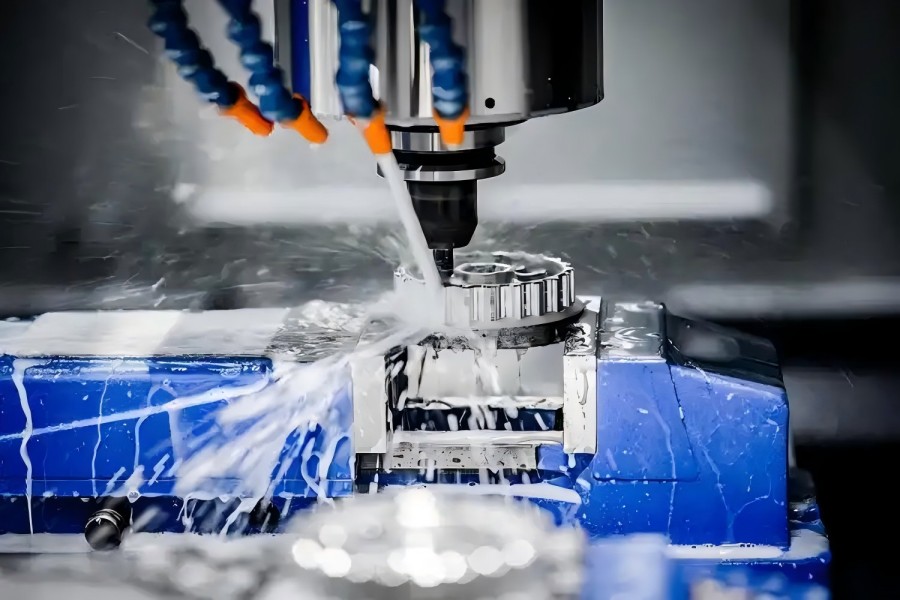News Categories
Contact Us
020-86988980
- Guangzhou Sinoth Import and Export Co., LTD
Tel: 020-8968-8980
Website:www.gzsynoth.com
Email: belinda@dginfa.com(24 hours online)
Phone: +86 189 2740 6786
Address: No 5, Jinshi Three Street, Shiling Town, Huadu District,Guangzhou City, Guangdong Province
News
Current Location:Home > News > Industry information
CNC Machining Services: The Key to Superior Product Quality
Add Time:2025-03-28
In today’s competitive manufacturing landscape, achieving consistent precision, efficiency, and reliability is non-negotiable. Among the technologies driving this transformation, **Computer Numerical Control (CNC) machining** stands out as a cornerstone of modern production. From aerospace components to medical devices and consumer electronics, CNC machining services have become synonymous with superior product quality. Here’s why CNC machining is indispensable for delivering excellence:
 **Frirst. Unmatched Precision and Accuracy**
**Frirst. Unmatched Precision and Accuracy**
CNC machining eliminates the variability inherent in manual operations. By translating digital designs (CAD/CAM files) into exact instructions, CNC machines achieve tolerances as tight as **±0.001 mm** (0.00004 inches)**. This level of precision ensures:
- **Flawless part geometry** for critical applications like engine components or surgical tools.
- **Repeatability**, enabling identical outputs across large production runs.
- **Minimized waste** due to reduced errors and material overuse.
Industries such as aerospace and automotive rely on this precision to meet stringent safety and performance standards.
**Second. Consistency Across Production Runs**
Human error is a significant risk in traditional machining. CNC systems, however, operate with robotic consistency, ensuring that every part—whether the first or the thousandth—matches the original design perfectly. This consistency is vital for:
- **Mass production** where uniformity is critical (e.g., electronics, automotive parts).
- **Regulatory compliance** in industries like medical device manufacturing, where deviations can lead to product recalls.
**Third. Versatility in Material and Design Complexity**
CNC machines work with a vast range of materials—**aluminum, stainless steel, titanium, plastics, composites**, and more—without compromising quality. This flexibility, combined with multi-axis capabilities (3-axis to 5-axis machining), allows manufacturers to:
- Produce **complex geometries** (undercuts, internal channels, intricate contours) that are impossible with conventional methods.
- Optimize designs for strength, weight, or thermal properties (e.g., lightweight aerospace parts or heat-resistant automotive components).
**Fourth. Enhanced Efficiency and Scalability**
CNC machining bridges the gap between prototyping and full-scale production. With rapid setup times and automated tool-changing systems, manufacturers can:
- **Accelerate time-to-market** by iterating prototypes quickly.
- **Scale production seamlessly** without sacrificing quality.
- **Reduce labor costs** by minimizing manual intervention.
For startups and established brands alike, this agility is crucial for staying ahead in fast-paced markets.
**Fifth. Advanced Quality Control Integration**
Modern CNC systems integrate real-time quality assurance tools, such as:
- **In-process sensors** to detect tool wear or deviations.
- **Automated measurement systems** (e.g., CMMs) to verify dimensional accuracy.
- **Post-machining inspections** using advanced metrology equipment.
These checks ensure that every component meets or exceeds specifications before leaving the factory floor.
**Sixth. Sustainability Through Precision**
Precision machining isn’t just about quality—it’s also about sustainability. By minimizing material waste and energy consumption, CNC machining supports eco-friendly manufacturing practices. For example:
- **Optimized cutting paths** reduce raw material usage.
- **High-efficiency spindles** lower energy costs.
- **Longer tool life** due to controlled machining parameters decreases resource consumption.
**Industries Transformed by CNC Machining**
- **Aerospace**: Turbine blades, landing gear, and structural components demand micron-level accuracy.
- **Medical**: Implants, surgical instruments, and diagnostic tools require biocompatible materials and flawless finishes.
- **Automotive**: Engine blocks, transmission parts, and EV battery housings rely on CNC for durability and performance.
- **Electronics**: Heat sinks, connectors, and enclosures benefit from intricate designs and tight tolerances.
**Choosing the Right CNC Partner**
To maximize the benefits of CNC machining, collaborate with a service provider that offers:
- **State-of-the-art machinery** (multi-axis CNC mills, lathes, Swiss-style turn-mill centers).
- **Material expertise** and certifications (e.g., ISO 9001, AS9100).
- **Design-for-manufacturability (DFM) support** to optimize part geometry and reduce costs.
- **Transparent communication** and robust quality guarantees.
**Conclusion**
CNC machining services are more than a manufacturing method—they are a strategic advantage. By combining cutting-edge technology, material versatility, and rigorous quality control, CNC machining ensures products meet the highest standards of precision

CNC machining eliminates the variability inherent in manual operations. By translating digital designs (CAD/CAM files) into exact instructions, CNC machines achieve tolerances as tight as **±0.001 mm** (0.00004 inches)**. This level of precision ensures:
- **Flawless part geometry** for critical applications like engine components or surgical tools.
- **Repeatability**, enabling identical outputs across large production runs.
- **Minimized waste** due to reduced errors and material overuse.
Industries such as aerospace and automotive rely on this precision to meet stringent safety and performance standards.
**Second. Consistency Across Production Runs**
Human error is a significant risk in traditional machining. CNC systems, however, operate with robotic consistency, ensuring that every part—whether the first or the thousandth—matches the original design perfectly. This consistency is vital for:
- **Mass production** where uniformity is critical (e.g., electronics, automotive parts).
- **Regulatory compliance** in industries like medical device manufacturing, where deviations can lead to product recalls.
**Third. Versatility in Material and Design Complexity**
CNC machines work with a vast range of materials—**aluminum, stainless steel, titanium, plastics, composites**, and more—without compromising quality. This flexibility, combined with multi-axis capabilities (3-axis to 5-axis machining), allows manufacturers to:
- Produce **complex geometries** (undercuts, internal channels, intricate contours) that are impossible with conventional methods.
- Optimize designs for strength, weight, or thermal properties (e.g., lightweight aerospace parts or heat-resistant automotive components).
**Fourth. Enhanced Efficiency and Scalability**
CNC machining bridges the gap between prototyping and full-scale production. With rapid setup times and automated tool-changing systems, manufacturers can:
- **Accelerate time-to-market** by iterating prototypes quickly.
- **Scale production seamlessly** without sacrificing quality.
- **Reduce labor costs** by minimizing manual intervention.
For startups and established brands alike, this agility is crucial for staying ahead in fast-paced markets.
**Fifth. Advanced Quality Control Integration**
Modern CNC systems integrate real-time quality assurance tools, such as:
- **In-process sensors** to detect tool wear or deviations.
- **Automated measurement systems** (e.g., CMMs) to verify dimensional accuracy.
- **Post-machining inspections** using advanced metrology equipment.
These checks ensure that every component meets or exceeds specifications before leaving the factory floor.
**Sixth. Sustainability Through Precision**
Precision machining isn’t just about quality—it’s also about sustainability. By minimizing material waste and energy consumption, CNC machining supports eco-friendly manufacturing practices. For example:
- **Optimized cutting paths** reduce raw material usage.
- **High-efficiency spindles** lower energy costs.
- **Longer tool life** due to controlled machining parameters decreases resource consumption.
**Industries Transformed by CNC Machining**
- **Aerospace**: Turbine blades, landing gear, and structural components demand micron-level accuracy.
- **Medical**: Implants, surgical instruments, and diagnostic tools require biocompatible materials and flawless finishes.
- **Automotive**: Engine blocks, transmission parts, and EV battery housings rely on CNC for durability and performance.
- **Electronics**: Heat sinks, connectors, and enclosures benefit from intricate designs and tight tolerances.
**Choosing the Right CNC Partner**
To maximize the benefits of CNC machining, collaborate with a service provider that offers:
- **State-of-the-art machinery** (multi-axis CNC mills, lathes, Swiss-style turn-mill centers).
- **Material expertise** and certifications (e.g., ISO 9001, AS9100).
- **Design-for-manufacturability (DFM) support** to optimize part geometry and reduce costs.
- **Transparent communication** and robust quality guarantees.
**Conclusion**
CNC machining services are more than a manufacturing method—they are a strategic advantage. By combining cutting-edge technology, material versatility, and rigorous quality control, CNC machining ensures products meet the highest standards of precision



